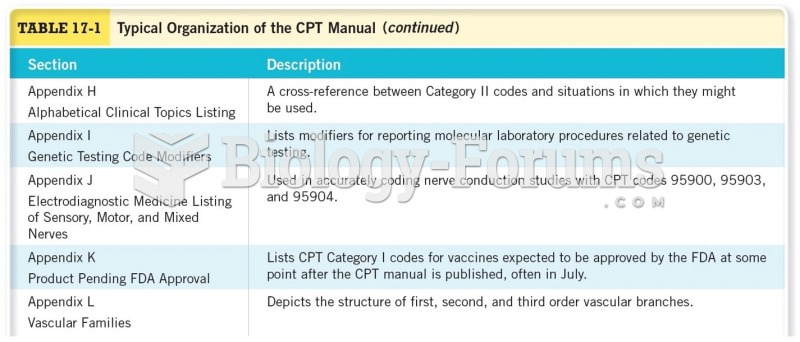Answer to Question 1
Answer: Staying in contact with a prospective employer after an interview shows that you really want the job and are determined to get it. Doing so also gives you another chance to demonstrate your communication skills and sense of business etiquette. Following up brings your name to the interviewer's attention once again and reminds him or her that you're actively looking and waiting for the decision. Any time you hear from a company during the application or interview process, be sure to respond quickly. Companies flooded with rsums may move on to another candidate if they don't hear back from you within 24 hours. Send a follow-up message within two days of the interview, even if you feel you have little chance of getting the job. These messages are often referred to as thank-you notes, but they give you an important opportunity to go beyond merely expressing your appreciation. You can use the message to reinforce the reasons you are a good choice for the position, modify any answers you gave during the interview if you realize you made a mistake or have changed your mind, and respond to any negatives that might have arisen in the interview. Email is usually acceptable for follow-up messages, unless the interviewer has asked you to use other media.
Answer to Question 2
Answer: A thank you note should be sent within two days of the interview, even if you feel you have little chance of getting the job. These messages give you an important opportunity to go beyond merely expressing your appreciation. You can use the message to reinforce the reasons you are a good choice for the position, modify any answers you gave during the interview if you realize you made a mistake or have changed your mind, and respond to any negatives that might have arisen in the interview. A message of inquiry can be sent if you're not advised of the interviewer's decision by the promised date or within two weeks. A message of inquiry is particularly appropriate if you've received a job offer from a second firm and don't want to accept it before you have an answer from the first. If you receive a job offer while other interviews are still pending, you can ask the employer for a time extension. Open with a strong statement of your continued interest in the job, ask for more time to consider the offer, provide specific reasons for the request, and assure the reader that you will respond by a specific date. Fourth, when you receive a job offer you want to accept, reply within five days. Begin by accepting the position and expressing thanks. Identify the job you're accepting. In the next paragraph, cover any necessary details. Conclude by saying that you look forward to reporting for work. As always, a positive letter should convey your enthusiasm and eagerness to cooperate. Fifth, you may find that you need to write a letter declining a job offer. Open warmly, state the reasons for refusing the offer, decline the offer explicitly, and close on a pleasant note that expresses gratitude. By taking the time to write a sincere, tactful letter, you leave the door open for future contact. Finally, if you get a job offer while employed, you can maintain good relations with your current employer by writing a thoughtful letter of resignation to your immediate supervisor. Follow the advice for negative messages and make the letter sound positive, regardless of how you feel. Say something favorable about the organization, the people you work with, or what you've learned on the job. Then state your intention to leave and give the date of your last day on the job. Be sure you give your current employer at least two weeks' notice.







